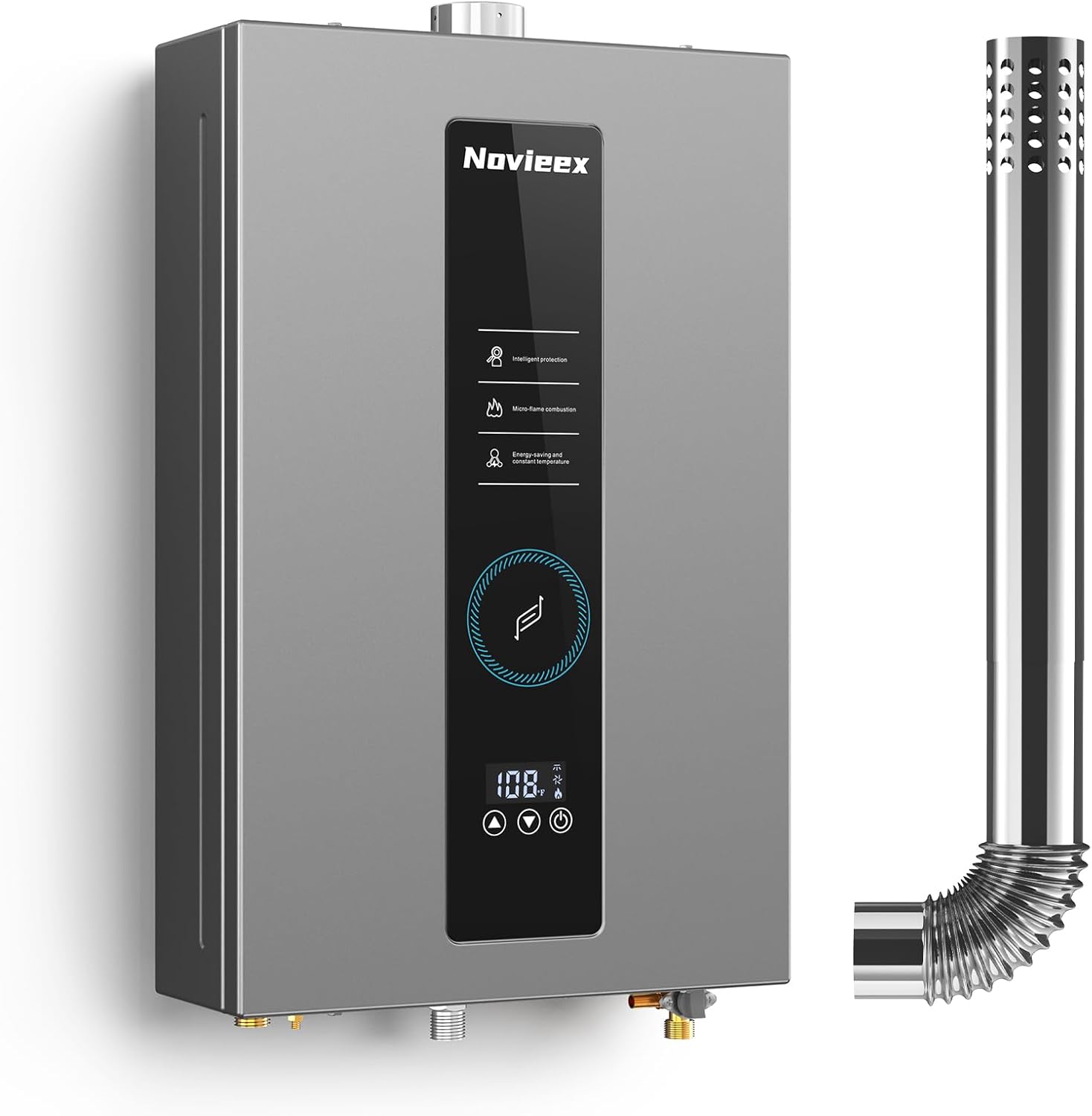To determine if your fireplace is gas or electric, check for a gas line connection or an electrical outlet; gas fireplaces have vents, while electric ones do not.
Knowing whether your fireplace is gas or electric is essential for proper maintenance, safety, and operation. Each type has distinct features that make identification straightforward once you know what to look for. This guide will walk you through all the telltale signs to determine your fireplace type with confidence.

Key Differences Between Gas and Electric Fireplaces
Gas and electric fireplaces serve the same basic purpose but function completely differently. Here’s a quick comparison:
| Feature | Gas Fireplace | Electric Fireplace |
|---|---|---|
| Fuel Source | Natural gas or propane | Electricity |
| Heat Output | High (15,000-30,000 BTU) | Moderate (5,000-10,000 BTU) |
| Installation | Requires gas line and venting | Plug-and-play (120V outlet) |
| Flame Appearance | Real yellow/orange flames | LED simulated flames |

How to Identify a Gas Fireplace
1. Check for Gas Lines and Connections
The most definitive way to identify a gas fireplace is to locate the gas supply line. Look for:
- A flexible gas line connecting to the fireplace
- A gas shut-off valve near the fireplace
- A gas meter or propane tank outside your home
2. Examine the Firebox Components
Gas fireplaces typically have:
- Ceramic logs (that don’t burn away)
- A burner assembly beneath the logs
- A pilot light or electronic ignition system
3. Look for Venting Requirements
Most gas fireplaces require venting:
- Direct vent systems have a sealed glass front
- B-vent systems use a metal chimney pipe
- Vent-free models may have an oxygen depletion sensor
4. Check the Controls
Gas fireplaces typically have:
- A wall switch or remote control
- A manual control knob for gas flow
- Possible thermostat connection
For more on gas fireplace components, see our guide to built-in gas heaters.
How to Identify an Electric Fireplace
1. Look for Electrical Connections
Electric fireplaces are characterized by:
- A standard 120V power cord (no gas line)
- Plugged into a regular wall outlet
- No venting or chimney requirements
2. Examine the Flame Effects
Electric fireplaces use technology to simulate flames:
- LED lights create the flame effect
- Some models have moving parts for realistic flicker
- Flame color and brightness can usually be adjusted
3. Check the Heating Element
Electric models feature:
- A fan-forced heating element (like a space heater)
- Adjustable thermostat controls
- Option to operate flames without heat
4. Look for Portability
Many electric fireplaces are:
- Freestanding units that can be moved
- Wall-mounted with simple installation
- Insert models that fit into existing fireplaces
For those interested in electric options, check out electric heaters that look like wood stoves.
Special Considerations for Different Fireplace Types
Prefab/Zero Clearance Fireplaces
These factory-built units are common in modern homes:
- Made of sheet metal with ceramic walls
- May have louvers for blower systems
- Can be converted between gas and wood
Masonry Fireplaces
Traditional brick or stone fireplaces:
- Have clay flue tiles or brick chimneys
- Can accommodate various fuel types
- Often have dampers for control
Direct Vent Gas Fireplaces
The most efficient gas option:
- Sealed combustion system
- Can vent horizontally through a wall
- Always have a glass front panel
Safety Tips for Your Fireplace
Gas Fireplace Safety
- Install carbon monoxide detectors
- Have annual professional inspections
- Never modify gas components yourself
Electric Fireplace Safety
- Don’t overload electrical circuits
- Keep flammable materials away
- Check cords for damage regularly
When to Call a Professional
Consult a professional if you:
- Smell gas near your fireplace
- Notice soot or unusual flame patterns
- Want to convert between fuel types
- Need help identifying your fireplace
For more heating solutions, explore our guide to indoor propane space heaters.
Maintenance Requirements
Gas Fireplace Maintenance
- Annual inspection of gas lines and connections
- Cleaning of burner and logs
- Checking venting systems for blockages
Electric Fireplace Maintenance
- Dusting vents and internal components
- Checking electrical connections
- Replacing LED lights as needed
For visual guides on identifying your fireplace type, check out these helpful videos from Gas Fireplace Identification and Electric Fireplace Features.

